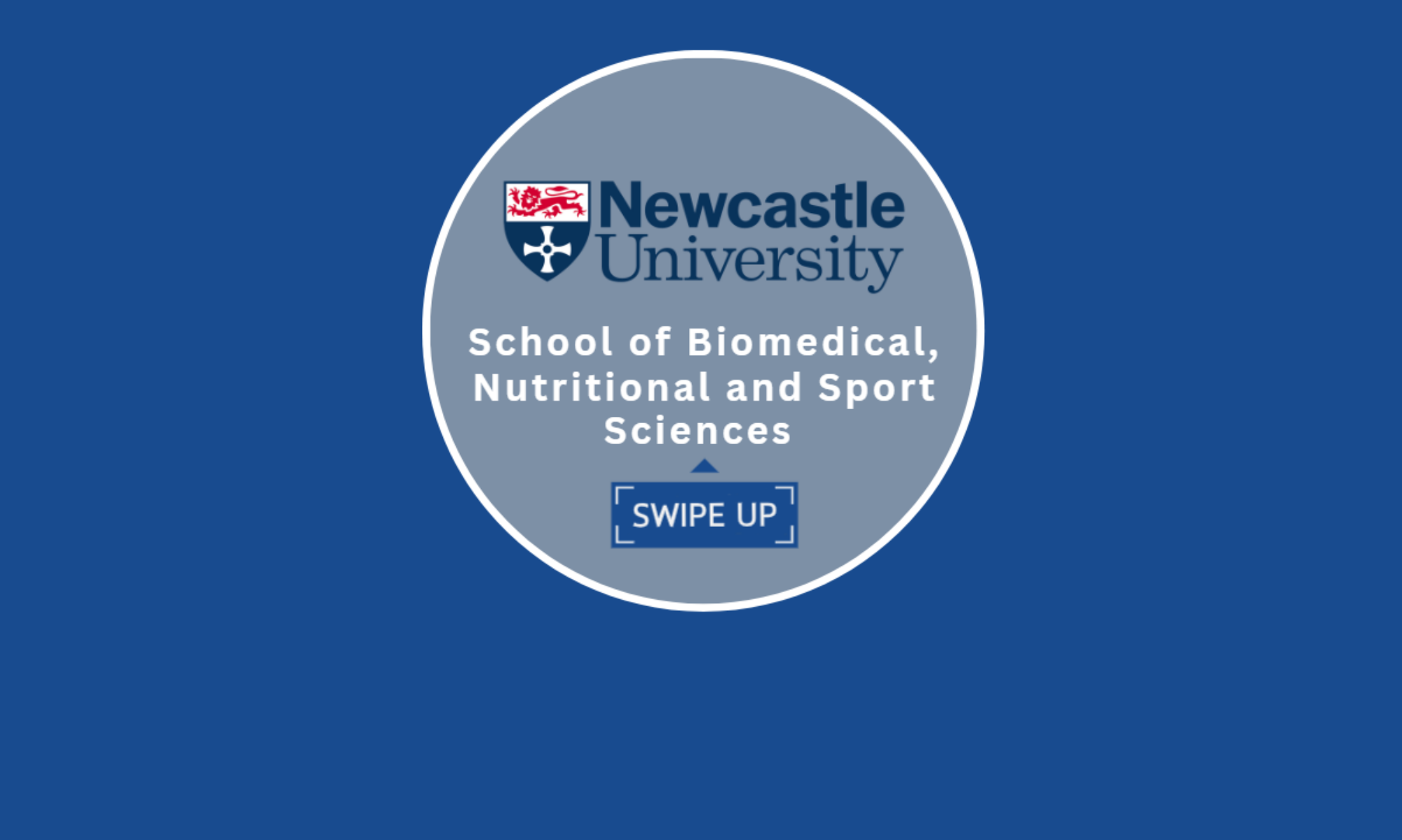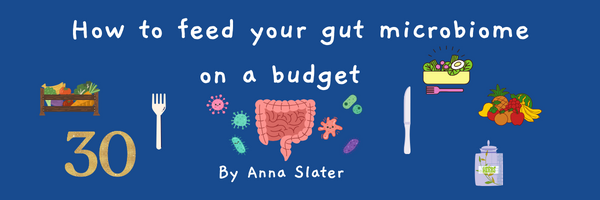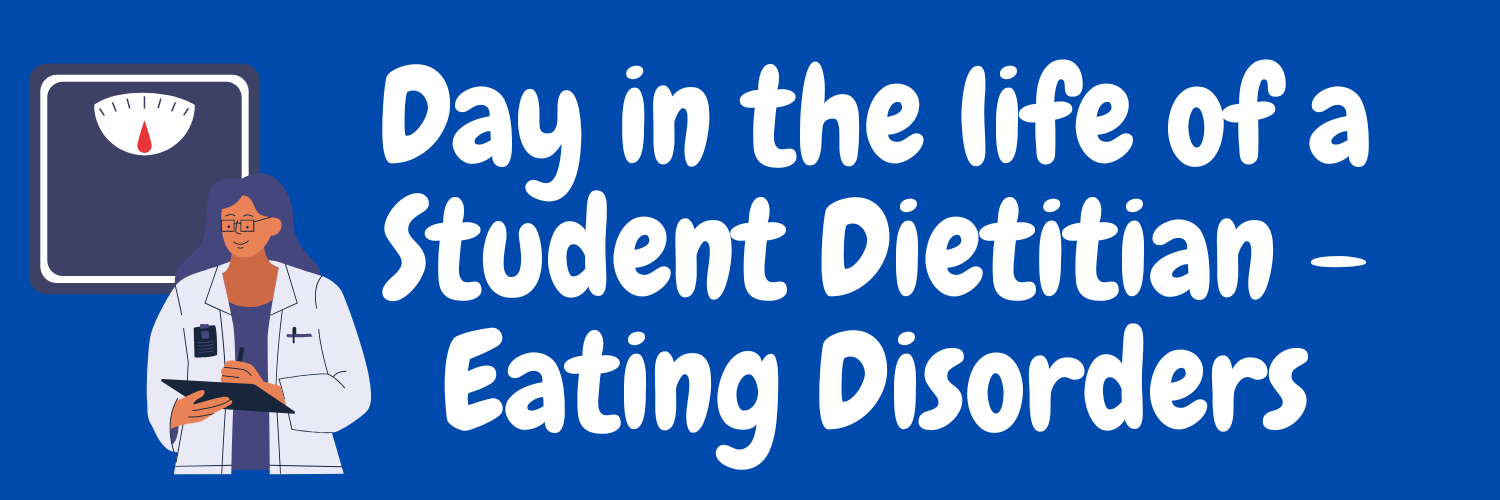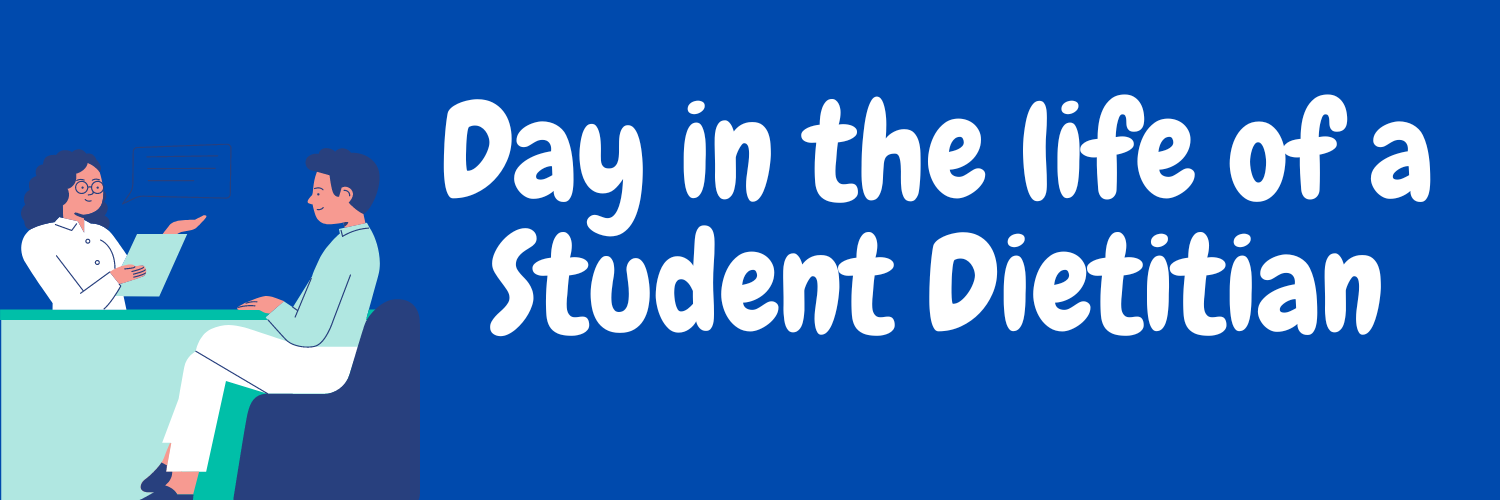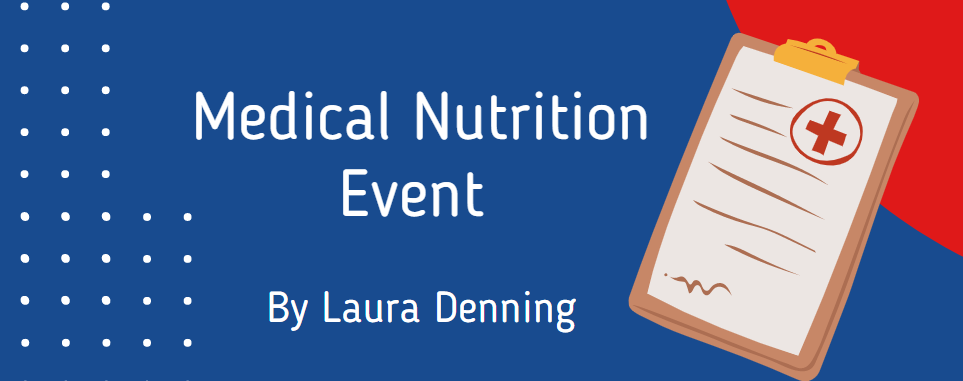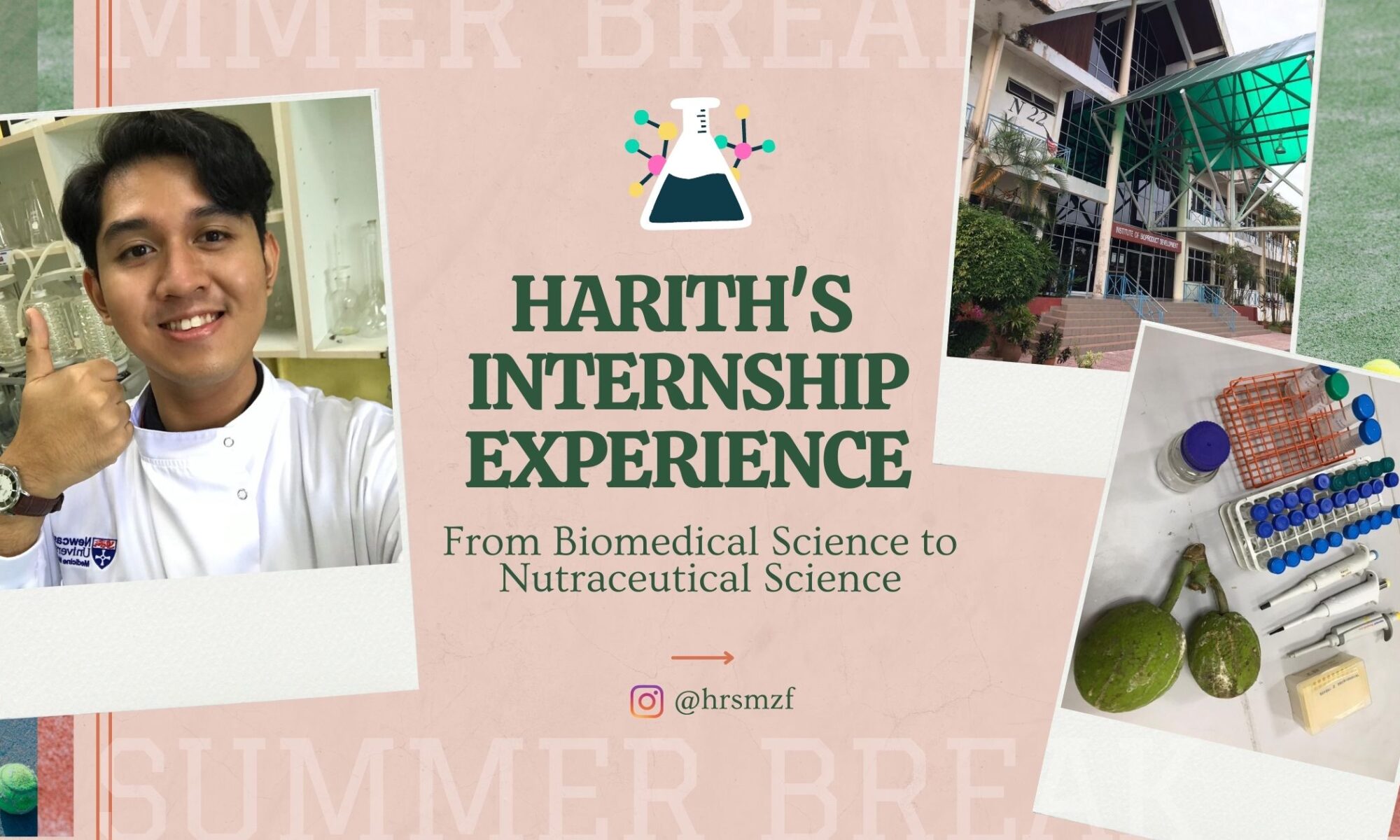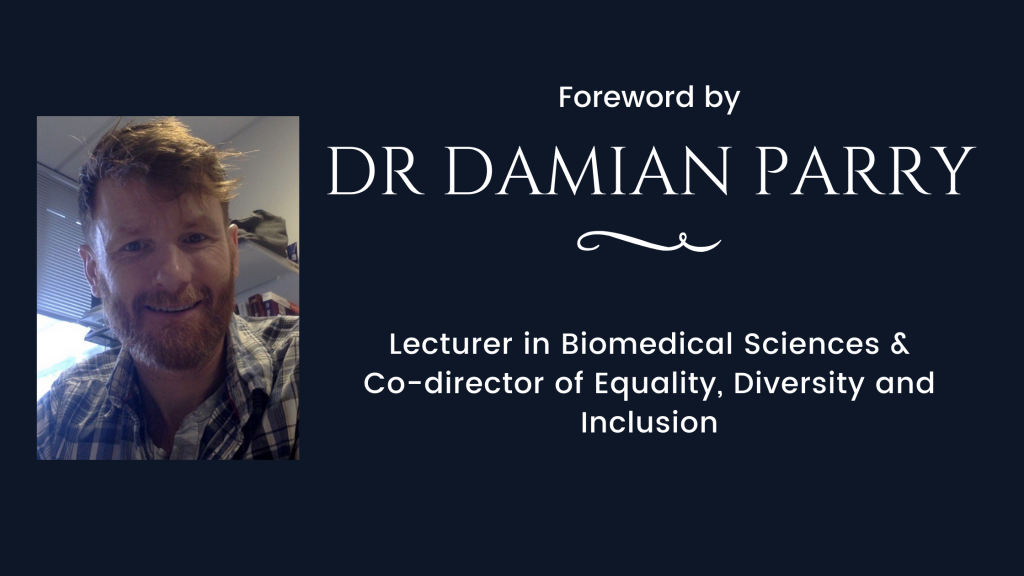By Anna Slater
“Gut health”. We’ve all heard it, the latest buzzword that is trending all over the internet. But what’s good about this trend is that it’s not your regular ‘fad diet’, in fact the research is growing exponentially and has shown that your gut microbiome plays a really important role in our physical and mental wellbeing. The gut microbiome is found in the large intestine and describes the diverse ecosystem of bacteria that resides here. Each of us consists of about 100 trillion microbial cells, 10 times more than the number of human cells in our body! They do lots of great things for us, such as digesting food and absorbing nutrients, in particular dietary fibre and keeping our immune system healthy from any harmful pathogens. The most important discovery in the field of research is that individuals who ate more than 30 different plant based foods a week had a more diverse colony of gut bacteria than those who ate less than 10. We all know that on a student budget it can be difficult to get diversity in on a budget, so here are my top tips for feeding your gut bacteria at a lower cost.
- Bulk out meals with cheaper cupboard staples, such as chickpeas, lentils or beans. On average tins of these tend to be around 50p and contain all the gut loving fibre that your microbes will enjoy. You don’t even have to remove the meat from the dish if you enjoy this, it just makes sure you’ve got more fibre and plant based protein. Also, the more vegetables you bulk out the portions with the more food you will make so even if the vegetables are a little more expensive you may save in the long run
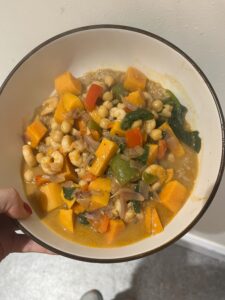
2. Rotate your fruits and vegetables. If it’s hard to eat 30 plant based foods a week, just try not to stick to one food all the time. One challenge I’m doing at the moment is to try and get one fruit and vegetable in my shop that I don’t usually go for. This week’s is pineapple and sweet potato! Even using different colours of the same vegetables, such as peppers or onions, each different colour counts as more variety.

3. Try buying frozen vegetables. Lots of people have the misconception that frozen fruit and vegetables are less nutritious, but sometimes they can actually be higher in nutrients as they are picked and packaged and frozen in hours which retains the nutrients more than storing at room temperature. These options can be very cost effective and last longer than fresh vegetables.
4. Plan your meals for the week so that you know exactly what you need to buy and are less likely to shop. If you write everything down in a list, you are more likely to stick to it, rather than buying lots of random expensive ingredients and not knowing what to cook. I am a serial meal prepper so I love to make big batches of meals, so I find it really helpful to have a plan when I go to the supermarket so I know what I’m eating for the week.
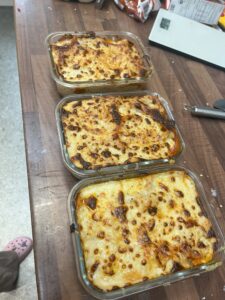
5. Have a go at experimenting with more herbs and spices. Did you know they also count as a ¼ of a plant point? If you add herbs and spices it can really make a dish more flavourful as well as being flavourful for those gut microbes to digest!
